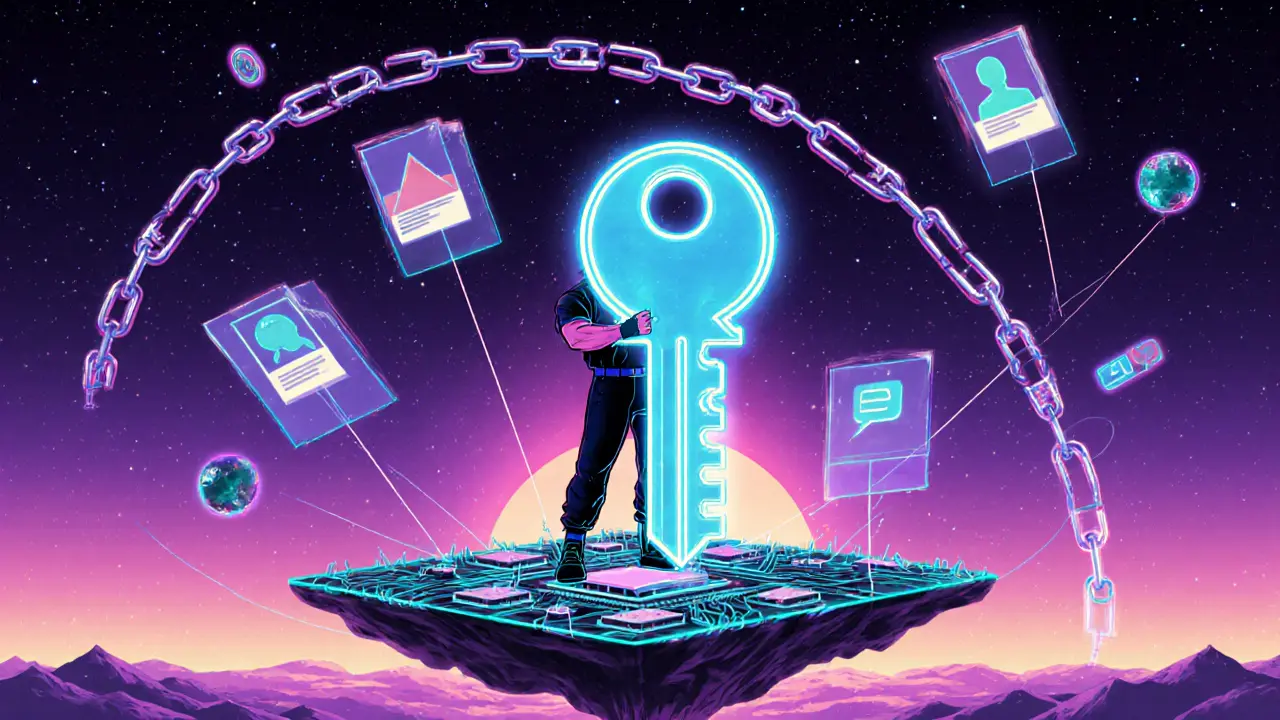Blockchain Social Networks
When working with blockchain social networks, online platforms that run on distributed ledgers and let users own their data and rewards. Also known as decentralized social media, they blend social interaction with crypto mechanics. Another key piece is decentralized social platforms, services built on blockchains that avoid central control and censorship, which often power the network. social tokens, native cryptocurrencies that reward creators and fans act as the economic glue, while DAO governance, community‑run decision‑making structures lets token holders steer platform policies. Together these elements create a new kind of online community where ownership, incentives and control are shared.
Why blockchain matters for social interaction
First, blockchain social networks enable token incentives that traditional platforms can’t match. By issuing social tokens, creators can monetize posts directly, and fans can earn a share of platform revenue simply by participating. This token‑driven model influences community behavior – the more value you add, the more tokens you collect, which can then be used for voting on upgrades or unlocking premium features. Second, decentralized social platforms require robust blockchain infrastructure to guarantee immutability and security; without a reliable ledger, token economies would collapse. The result is a trustless environment where users don’t need to trust a single company, yet they still benefit from fast, low‑cost transactions.
Third, DAO governance shapes the evolution of these networks. Token holders propose and vote on changes, from content moderation rules to fee structures. This democratic process reduces the risk of arbitrary bans and aligns platform development with the community’s interests. Fourth, privacy is baked into the design. Because data lives on a distributed network, no single entity can harvest user information for ads, and encryption ensures that only owners can access their content. This privacy focus attracts users tired of invasive data practices on legacy platforms.
Finally, the rise of blockchain social networks fuels new business models. Brands can launch their own social tokens for loyalty programs, while developers can build plug‑ins that integrate with existing chains, expanding the ecosystem. Content monetization moves from ad‑based revenue to direct peer‑to‑peer value transfer, creating a more sustainable income stream for creators. All these trends intersect in the posts below, which cover everything from airdrop claim guides to regulatory impacts on crypto‑friendly jurisdictions.
Ready to see how these concepts play out in real‑world scenarios? Below you’ll find step‑by‑step guides, deep‑dive analyses and practical tips that let you navigate blockchain social networks, claim airdrops, assess exchange safety, and understand the regulatory landscape shaping the future of decentralized online communities.
Explore how blockchain social networks give you real control over your data, the tech behind it, top platforms, benefits, challenges, and a practical start guide.
More